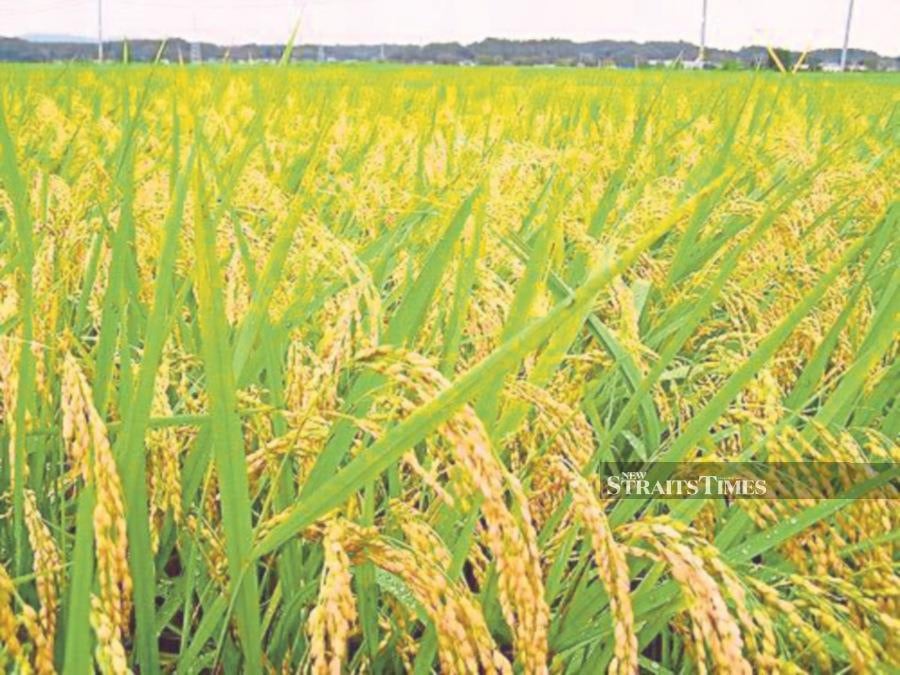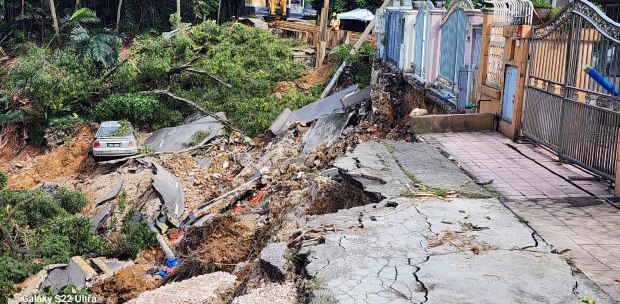LETTERS: World Soil Day (WSD) is celebrated every year in early December.
The United Nations Food and Agriculture Organisation estimates that around 33 per cent of the world's soil is degraded, and if left unchecked, arable land could be depleted within 60 years.
This trend is equally concerning for Malaysia, where erosion, soil compaction and loss of organic matter are adversely affecting agricultural productivity and pose significant threats to food security.
As we approach WSD on Dec 5, it is imperative to reflect on the state of our land and its role in ensuring a healthy environment in Malaysia's quest for food security and sustainable agricultural practices.
This day provides an opportunity to promote the significance of soil health, conservation and resilient land management systems.
Malaysia's agricultural prowess has long been the cornerstone of its economic growth and societal wellbeing.
From the lush padi fields of Kedah to the sprawling oil palm plantations everywhere, our farmers have been working to harness the potential of our soils, transforming them into the lifeblood of our economy.
Yet, beneath the surface of this thriving agricultural landscape lies a realm often overlooked and underestimated: the world of soil.
Palm oil, rubber, rice and cocoa, among other commodities, depend on the health and vitality of our soils for their success.
Our palm oil industry, a global leader in vegetable oil production, stands as a testament to the symbiotic relationship between soil health and agricultural output.
Rice, another staple of Malaysia's diet, is intertwined with the health of our soils.
As we strive to achieve self-sufficiency in rice production and enhance food security, we must not overlook the pivotal role that soil conservation and rejuvenation play in achieving these goals.
The concept of regenerative agriculture, which emphasises restoring and enhancing the natural functions of soil ecosystems, aligns perfectly with the WSD aspirations.
By implementing regenerative agricultural practices, such as crop rotation, cover cropping and reduced tillage, we can safeguard our soils from degradation and erosion, ensuring steady crop productivity.
Through the adoption of agroforestry, agroecology and organic farming, we can rebuild soil fertility, boost water retention and promote carbon sequestration.
These efforts not only secure our agricultural productivity but also contribute to Malaysia's commitment to climate change mitigation and sustainable development.
Malaysia's rich biodiversity offers a unique advantage that can be leveraged to mitigate risks associated with monocropping and promote resilience in the face of changing environmental conditions.
This underscores the importance of diversifying our agricultural practices and making a climate-smart transition to ensure long-term sustainability.
By nurturing our soils, we enable a fertile environment for crop diversification, enabling us to adapt to evolving market demands while minimising the ecological impact.
WSD presents an opportunity for Malaysian policymakers, researchers, farmers and citizens to collaborate in safeguarding soil health.
Initiatives aimed at promoting soil education, facilitating knowledge exchange and encouraging the adoption of innovative techniques will ensure that our soils remain fertile and productive to meet the demands of a growing population.
DR HOE-HAN GOH
Deputy director, Institute of Systems Biology, Universiti Kebangsaan Malaysia
The views expressed in this article are the author's own and do not necessarily reflect those of the New Straits Times





